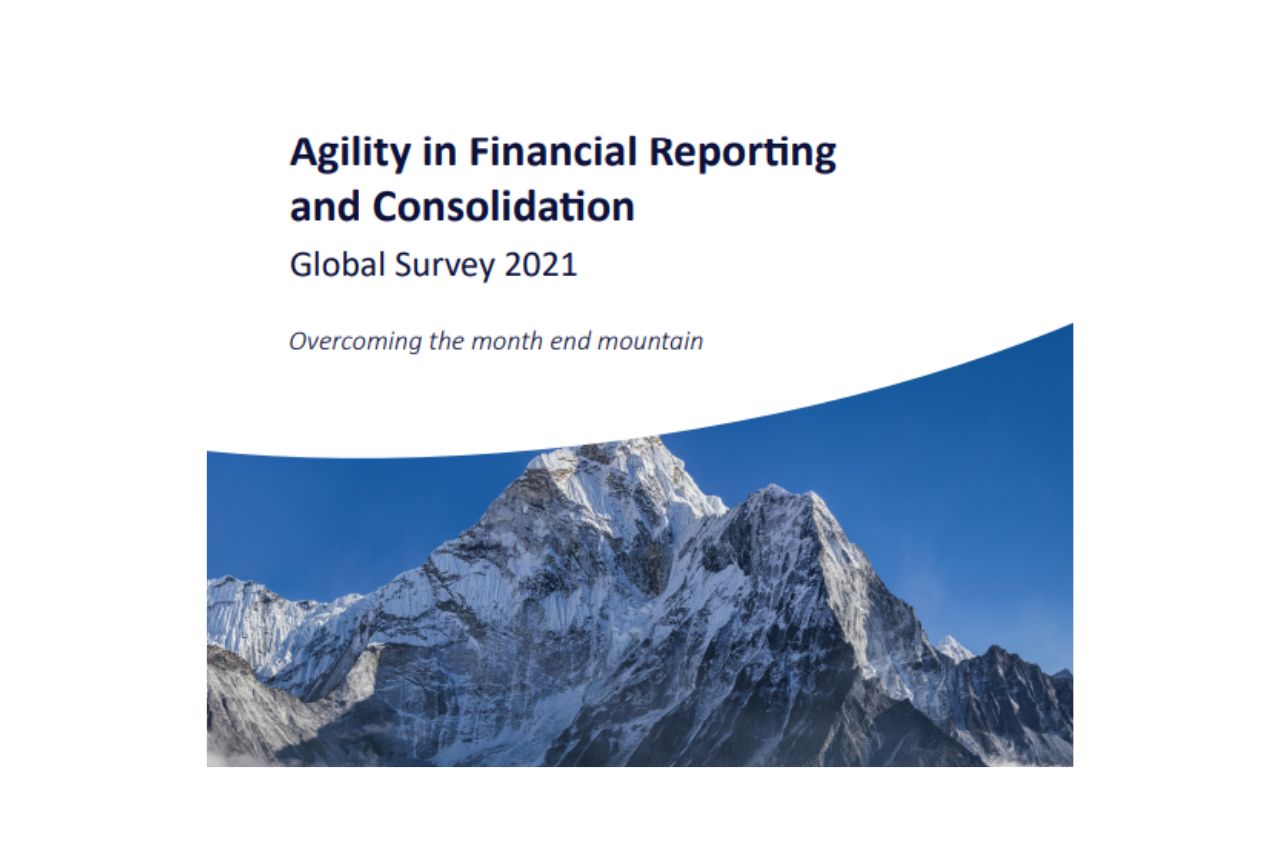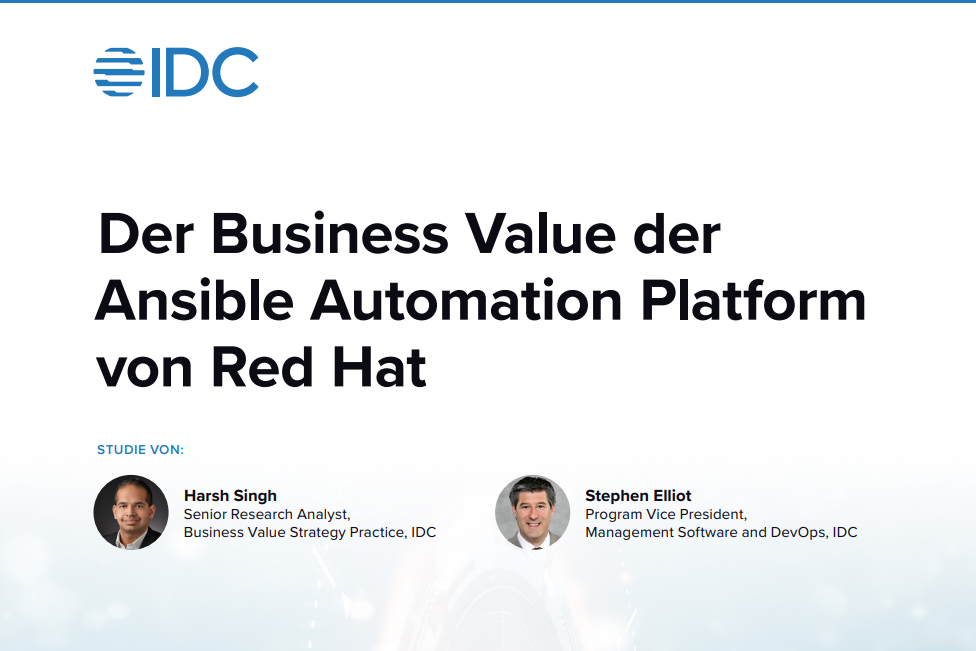This report fnds that investment in the R2R process is patchy and uneven. The emphasis has been on the fnal mile of the reportng process, while the frst mile which includes the crucial data capture, data submission to the corporate center and control is lagging behind. 82% of fnance functons have made improvements to the reportng process, but only 48% and 46% respectvely, have made a concerted efort to improve data capture and control.
This is a profound oversight because data quality is the key factor afectng the agility of the process, causing delays and introducing errors. Data errors afect reportng agility in 72% of cases, and nearly half of organizatons spend too much tme on data collecton, validaton and submission to the corporate center. Most worryingly, data capture from reportng enttes and reportng errors are the processes most at risk of causing material misstatement, which can lead to fnancial penaltes and reputatonal damage.
There are many points of human interventon that can cause data errors, especially the manual completon of spreadsheet templates and then submission by email to the corporate center, which a third of organizatons stll use. There is also a substantal risk of errors from mapping tables between local enttes and the center, tme wastng because of data errors and inefectve validaton of data. All this causes delays, requires resources to fx and means the gains made by investng in reportng improvements are undermined.





